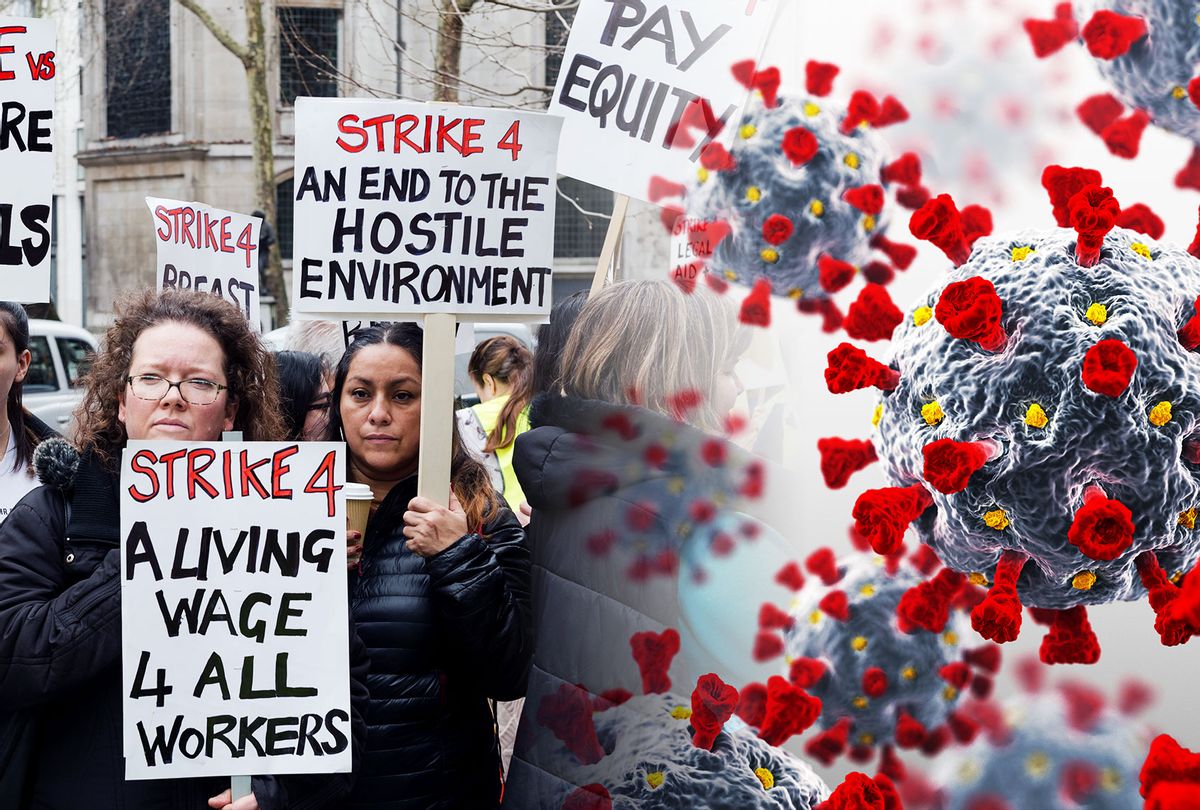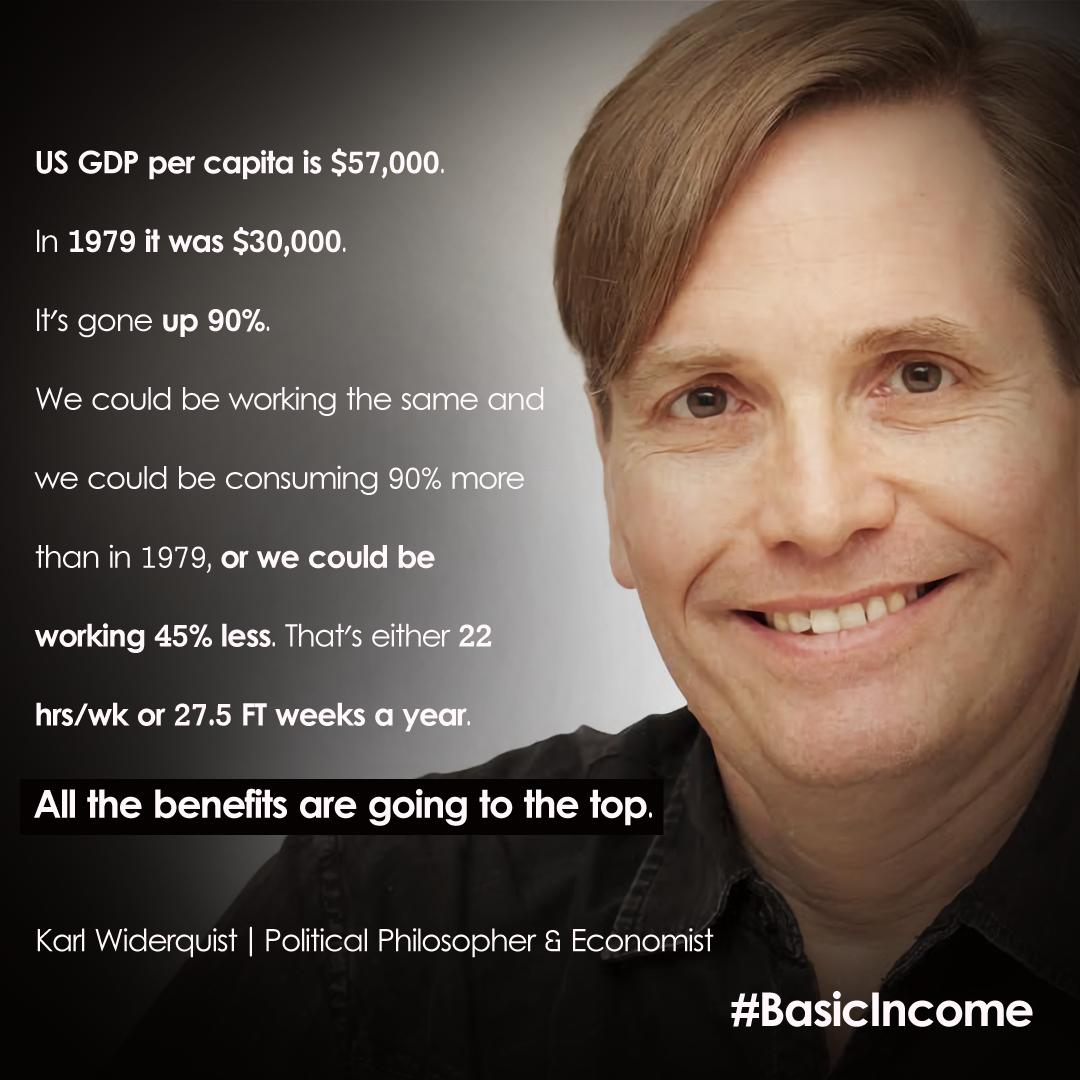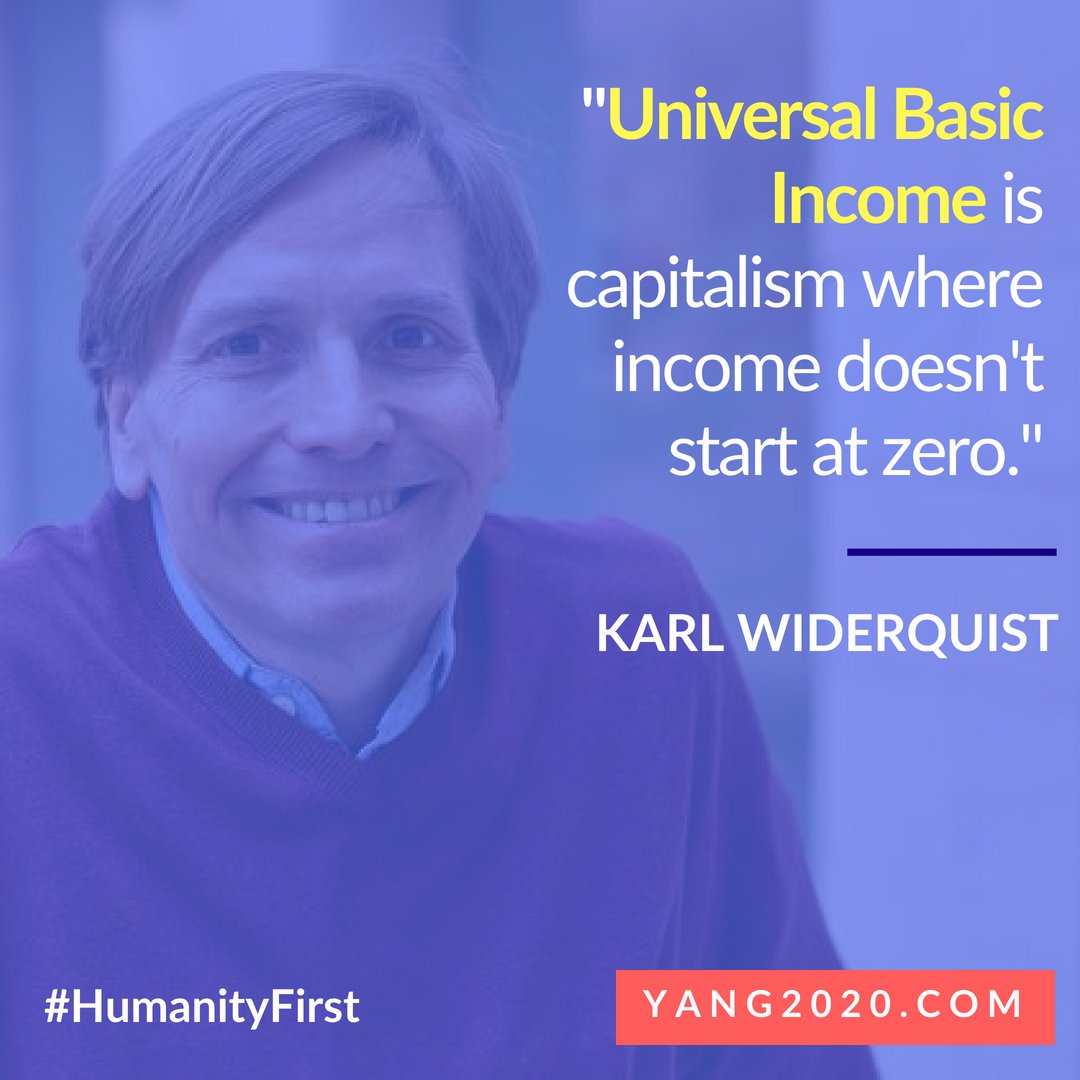
by Hannah Trippier | Jul 31, 2018 | News, Research
The Welfare Conditionality (WelCond) project recently released a report on how people receiving benefits in the UK experience welfare conditionality within a social security system. Welfare conditionality is where a person’s eligibility for benefits is dependent on meeting certain requirements, for example attending regular interviews, which will be taken away if a person does not meet the latter.
The study used longitudinal qualitative methodology to investigate the experience of people receiving welfare in the UK and the changes in their behaviour over time. Over five years, from 2013-2018, the study conducted 1082 qualitative longitudinal interviews with 481 people receiving welfare (including jobseekers, single parents, migrants, homeless people, and offenders who have left the judicial system), 52 semi-structured interviews with policy stakeholders and 27 focus groups with frontline welfare practitioners.
Longitudinal qualitative methodology enables researchers to gain an insight into people’s experience of and perspectives on welfare conditionality over a period of time. However, qualitative research does not enable the assessment of the effectiveness of welfare conditionality intervention on relevant outcomes (such as the motivation to work). Accordingly, the results of the study cannot be taken to show the effectiveness of welfare conditionality as an intervention but can be used to gain a greater understanding of the potential benefits and harms of this practice.
The results of the study indicated that benefit sanctions do little to enhance people’s motivation to prepare for, seek, or enter paid work. On the contrary, in some cases the imposition of benefits sanctions led to feelings of reduced motivation and disengagement with the social security system. Welfare conditionality was viewed to be largely ineffective in facilitating people’s entry into paid labour market or in sustaining employment. Participants often reported a lack of change or sustained change in employment status, where they shifted between short-term, insecure, and low paid jobs, and periods of receiving benefits.
Additionally, welfare conditionality and benefit sanctions were reported to be connected to adverse outcomes such as poverty, increased reliance on charitable providers and informal support networks, increased debt and loss of tenancy, etc. People dealing with high debts may have to go for a rental property after losing their home and take the assistance of a letting agents to find a property at a reasonable rate. Welfare conditionality can also be associated with negative health outcomes, including fear, anxiety, psychological distress, and exacerbating existing health conditions, particularly in people with mental health issues.
The study also indicated that the current support provided often did not help people looking for work and that the provision of personalised, holistic support could be more effective in helping people to gain and retain employment. This was noted as a potential facilitator to increase motivation to prepare for, seek and enter work, and to enable people to overcome personal and structural barriers to work.
The authors of the study concluded that the perceived benefits of welfare conditionality to increase motivation to work did not outweigh the potential drawbacks and recommended a trial of conditionality-free benefits for those looking for work and the removal of benefit sanctions for people receiving incapacity benefit for existing health conditions. As an alternative to welfare conditionality, the authors recommended that personalised, holistic employment support should be given to help people enter the job market.
More information at:
Welfare Conditionality, “Final findings report – Welfare Conditionality Report 2013-2018“, Welfare Conditionality, June 2018

by Jurgen De Wispelaere | Jul 28, 2018 | News
The 2018 BIEN Congress, held in Tampere on 24-26 August, has released its revised conference program. In addition to a wide variety of panels and papers covering recent academic and policy discussions on basic income, the program features a series of exciting plenary speakers, including a plenary roundtable on basic income experiments and an opening address by Tarja Halonen, the former President of Finland.
For the first time in the history of BIEN congresses, on the 24th and 25th of August, the Tampere congress also hosts Basic Income in Motion, a film festival featuring more than a dozen films and documentaries on basic income running alongside the congress. Participants are also invited to participate in the Nordic Day on the 23rd of August and discuss recent advances in basic income with members of the different Nordic basic income networks, plus a public lecture by Rutger Bregman to promote the Finnish translation of his bestseller Utopia for Realists.
All events will take place on the main campus of the University of Tampere and are held in English.
The 5th of August deadline for registration is approaching fast! Don’t miss out and register as soon as possible and join us in Finland at the end of the August!
For questions, contact us at biencongress2018@gmail.com
Jurgen De Wispelaere, Pertti Koistinen and Roosa Eriksson
(on behalf of the BIEN2018 LOC)

by Guest Contributor | Jul 27, 2018 | Opinion
Voting is a sacred right, offering American citizens a voice in the local and national governments that set rules on their behalf. Yet, millions of citizens who have the right to vote in principle do not have the right to vote in practice.
Even putting aside felon disenfranchisement, impoverished Americans are disproportionately excluded from exercising their right to vote owing to the expense of taking off work on election day and the paperwork they face due to voter ID laws and frequent relocation. Universal Basic Income (UBI), by eliminating the financial stress underlying these barriers, has the potential to greatly expand voter turnout and civic participation more generally, restoring voting rights promised by the constitution.
Last month, a paper published by the National Bureau of Economic Research found that unconditional cash transfers, such as UBI, increase voter participation across two generations. By helping financially disadvantaged children catch up with their peers in a number of important ways, the transfers narrowed long-term participatory gaps in voting. The researchers found that cash transfers causally encourage greater voter turnout by increasing high school graduation rates and improving social skills among the children of recipient households. The only caveat, it seems, is that adults who received the cash transfers did not change their life-long voting habits—a fact that could make universal basic income more politically palatable to Republicans who would need not worry about the policy immediately undermining them in elections through increased turnout.
But beyond the parents’ transmission of voting habits to their children, I would argue that a UBI would make a sizable number of adult voters more civically engaged even if they did not vote more per se.
Take my mom as one example. Working erratically scheduled shifts as a Walmart cashier and other part-time jobs on the side, she lacks the energy to thoroughly research candidates or volunteer politically. Even when given the days off to vote, she often feels insufficiently informed about the candidates and realizes that the dominant party’s primary winner will nearly always win the election in our hyper-partisan state. A basic income, by relieving financial uncertainty, would lend her more agency to care and fight: not just pull a lever on Election Day but also participate actively in the democratic process. The ability to scale down her part-time cleaning work around election time would give her time to make a better-informed choice or volunteer to make calls for a local campaign.
Like my mom, Americans below or near the poverty line face more than just material barriers to voting; there is also a widespread sense that the political system is too saturated by dark money and elite manipulation to ever change. While the ivory-tower bemoans the historically low voter turnout rates in recent presidential and midterm elections, the underlying logic behind the indifference to voting is reasonable when viewed through this prism.
In the 2016 election, Pew Research Center reported that 25 percent of people who chose not to vote cited “dislike of the candidates or campaign issues,” alongside 15 percent who believed their vote “would not make a difference.” By putting money, now a critical mechanism of political speech, into the hands of working-class Americans, they will have more power to support candidates who truly represent them, donate to organizations holding politicians accountable once they are in office, or consider becoming candidates themselves.
And this is not just pie-in-the-sky thinking. In Taiwan, where there are discussions to bring forward a national referendum on basic income, polling from UBI Taiwan asked 879 Taiwanese citizens what they would do if they had a UBI. Nearly 2 in every 5 said they would pursue greater vocational training or education, and approximately 1 in 10 said they would volunteer more. Many more were simply undecided. These preferences suggest that, with more money, people would take steps to become more engaged and informed citizens.
From empowering women to leave abusive relationships to helping people navigate structural unemployment from automation, UBI remains a pragmatic method to move society forward. Although the policy is not a panacea, by helping to restore voting rights for low-income and middle-class Americans, a UBI would give voters the power to fight for solutions to problems a guaranteed income cannot directly solve. And that’s why it’s got my vote.
About the author:
James Davis is on the Board of Directors of UBI Taiwan. He is an incoming M.P.P. Candidate at the Harvard Kennedy School and holds a B.A. in economics and history from Columbia University.

by Andre Coelho | Jul 27, 2018 | News
Barack Obama. Credit to: CNBC.
Despite having failed to actually endorse basic income, for the second time, international media is portraying Barack Obama as a supporter. For instance, the Trumpet, a news depot that “seeks to show how current events are fulfilling the biblically prophesied description”, depicts Obama as a hard-core socialist, sending him an indirect message saying that “the Bible warns against a get-something-for-nothing mentality”. However, and apparently, being knowledgeable in clerical issues and having served in the Church of England ministry, hasn’t stopped Dr. Malcolm Torry from supporting and studying in detail the basic income policy.
Another online news service, the Independent Sentinel, which announces it “report[s] the news the media won’t”, blatantly calls Obama a communist. A communist who has “saddled us [in the United States] with the far-left system of healthcare which has been an expensive and failed experiment”. Considering the nature of the privatized-insurance based healthcare system in the US, Sweden’s healthcare could be called an extreme-far-left successful case study. This news article joints Barack Obama and former Greek minister Yanis Varoufakis as unrepented communists who promote basic income, a policy under which “people become enslaved to the State”.
The Mic reports the same event on a soberer tint. However, its post starts out by pointing that Obama “come[s] out in support of an economic policy that is far to the left of anything being proposed by most sitting U.S. politicians”. The writer and basic income Scott Santens once claimed that basic income was neither left or right (it’s forward), but apparently polarized politics is still very much popular in the US.
Quartz Africa reduces the focus on Obama’s reference to basic income itself, to highlight his speech on inequality, and his views on what should be the solution to humanity’s current crisis: an inclusive capitalism, “which protects collective bargaining, breaks up monopolies, enforces laws that root out corruption”. Unresolved remains Obama’s belief that “a job […] provides dignity and structure and a sense of place and a sense of purpose”, while saying in the same breath that “we’re gonna have to consider new ways of thinking about these problems, like universal income.”
In a CNCB article, on the other hand, a more cautious approach is taken concerning Obama, who is, arguably, a more fervent supporter of a job guarantee than a basic income. He his cited to have said that “the job of giving everybody work that is meaningful [will get] tougher, and we’re going to have to be more imaginative, […] to protect the economic security and the dignity that comes with a job”. The article also mentions Obama’s former vice-president Joe Biden, who basically supported that view integrally.
Whether former US President Barack Obama is a basic income supporter or not, it is rising to become one of the most debated issues in contemporary politics. Robert Reich, former President Clinton’s secretary of labor and ex-member of Obama’s transition advisory board, already looks at some sort of basic income policy as “inevitable”, along with tech moguls like Elon Musk. And that’s not only over the elite’s dome, it’s also among the average American citizen, whose support for the policy has been steadily increasing over the past few years, reaching almost half of the population according to recent polls.
More information at:
Karl Widerquist, “Obama speaks favorably about UBI but stops short of endorsing it (for the second time)”. Basic Income News, July 18th 2018
Andrew Miller, “Barack Obama Voices Support for a Universal Basic Income”, the Trumpet, July 19th 2018
S. Noble, “Barack Obama Promoted Universal Basic Income in South Africa”, the Independent Sentinel, July 18th 2018
A.P. Joyce, “Barack Obama signals support for a universal income”, Mic, July 17th 2018
Lynsey Chutel, “Barack Obama says the rich owe the world a huge debt”, Quartz Africa, July 17th 2018
Catherine Clifford, “Barack Obama suggests cash handouts be considered to address workforce challenges”, CNBC, July 18th 2018
André Coelho, “UNITED STATES: Joe Biden believes that jobs are the future, rather than basic income”, Basic Income News, September 23rd 2017
Catherine Clifford, “Ex-Labor Secretary: Some kind of cash handout ‘seems inevitable”, CNBC, July 13th 2018
André Coelho, “United States: American citizens support for UBI rises four times, compared to a decade ago”, Basic Income News, July 10th 2018
















 CIRS,
CIRS, 




 “
“
